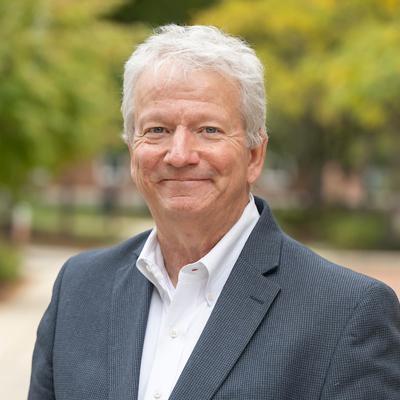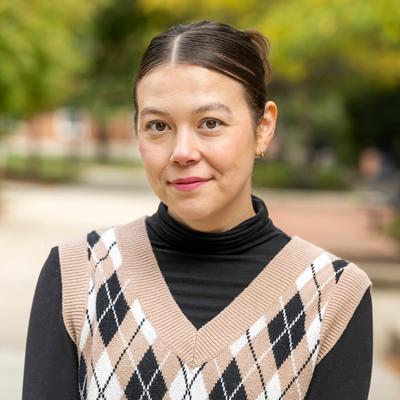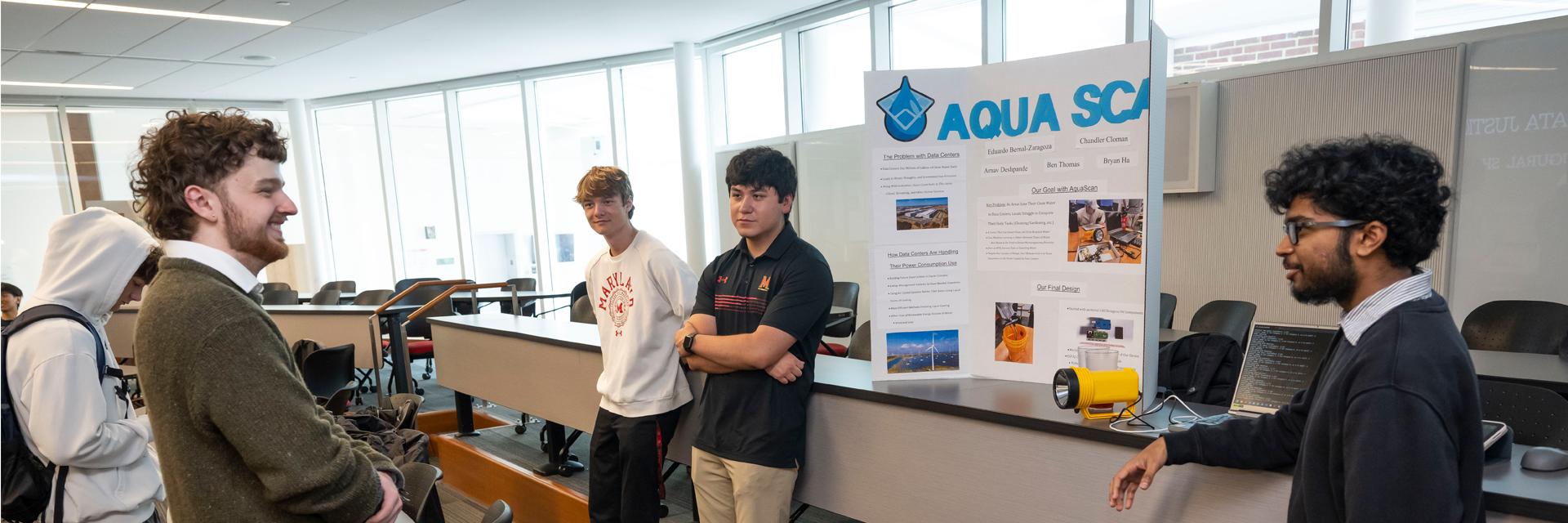Data Justice
Information, analytics and computing for social change
Introduction
Data Justice (DJ) provides students an opportunity to interrogate the biases that are built into information collection, design, and analysis. Students explore how specific values are coded into datasets, algorithms, AI-driven systems, machine learning models, and other sociotechnical systems. They gain advanced data-related skills that will serve them in a wide variety of careers that aim to make the world a better place through information.
By the conclusion of the program, students will be able to:
- Employ justice-centered approaches to equitable computer and data sciences;
- Analyze how cultural values, power, and privilege are encoded into technologies;
- Critique the sociopolitical values of data structure and algorithmic design;
- Analyze ways that computing and data science have been used as a catalyst for positive social change; and
- Develop a computing identity that intersects with personal identity factors.
DJ Scholars enters its second academic year in 2025-26. The program is sponsored by the University of Maryland’s College of Information, a top-ranked research and teaching college in the field of information science.
In the College of Information, faculty, staff, students, and partners are expanding the frontiers of how information and technology are accessed and used in a rapidly evolving world. We are combining principles of information science with cutting-edge technology to foster access to information, improve information interfaces, and expand how information is used in an evolving world.
Throughout all of our endeavors, the College of Information is committed to utilizing information and technology for good – to connect communities, empower individuals, and create opportunities.
Colloquium and Lecture Topics
- How do you use information?
- What is the info you need to change the world?
- What has produced the digital divide?
- How are digital identities different from personal identities?
- How can we achieve information justice?
Other Learning Opportunities
In addition to colloquium and supporting courses, DJ students will choose three 1-credit electives from a group of courses focused on building technical computing and data science skills. Course titles include:
- Making Twitter Bots
- Solving Puzzles and Riddles with Computation
- Comic Books and Machine Learning
- Emergent Experiences through Technology
Off-campus excursions to information-related sites, such as the Library of Congress, the National Archives, and the Agricultural Library in Beltsville, MD, will foster community and encourage examination of information in the community (in physical location, cyberspace, and institutions created for the management and best use of information).
Curriculum Overview
Data Justice is an 15-credit program that includes a required course on algorithmic bias (INST204S); a series of colloquium courses on the topics of the digital divide, digital identities, and information justice; a set of supporting courses drawn from the College of Information’s 100- and 200-level courses on relevant current issues; a set of short supporting courses focused on technical computing and data science skills; and a practicum (CPDJ240 Service Learning) in which students will undertake a project with a community partner related to data justice.
The following table represents a typical two-year curriculum, but individual schedules will vary. Details about courses and requirements can be found on the Data Justice Citation Checklist.
| SEMESTER | COURSE | CREDITS |
|---|---|---|
| Semester 1 | CPDJ 100: Colloquium I | 1 credit |
| INST204S: Designing Fair Systems (DSHS, SCIS) | 3 credits | |
| Semester 2 | CPDJ 101: Colloquium II | 1 credit |
| Semester 3 | CPDJ 200: Colloquium III | 1 credit |
| Semester 1, 2, 3, or 4 | INST 388: Maker Movement INST 388: Maker Movement INST 388: Maker Movement |
1 credit 1 credit 1 credit |
| Semester 1, 2, 3, or 4 | Supporting Course (var. Gen Ed) | 3 credits |
| Semester 4 | CPDJ 240: Service-Learning Practicum | 3 credits |
Sponsoring College
Office Address
1101 Centreville
Office Phone
TBD
Faculty


News and Notes, Etc.
Data Justice News
Practicum Offers Hands-On Ways to Learn About ‘Complicated Issues In and Out of the Classroom'
Incoming students often hear about the various experiences that Scholars take on in their practica–the capstone project or culminating hands-on learning all College Park Scholars are required to complete in their second year. Though specific practicum requirements vary by Scholars program, students are commonly able to meet program needs by engaging in an internship, doing service-learning or conducting research.
Scholars recognizes Citation Class of 2022, Founders Circle Award winners
Students in College Park Scholars’s Citation Class of 2022 began their University of Maryland (UMD) careers in the fall of 2020, under the shadow of the COVID-19 pandemic. They spent their first year almost entirely online: Some Zoomed into their program colloquium from their double-turned-single dorm rooms; others attended virtually from their families’ homes, away from campus.
Course provides safe space to unpack power, privilege
When Michelle Pinkrah strolled into her first Thursdays-at-3:30 p.m. class of the semester in late January, she had no idea what she’d signed up for. She had signed up by accident, actually. The class wasn’t her first choice for her practicum course requirement with College Park Scholars, where she is a student, and she’d quickly forgotten it was even on her schedule. Pinkrah sat down in the circle of her peers and encountered something she hadn’t expected: a dialogue class, or, a class that centers around group discussion of life and experiences.
In-Person Service Day Relaunches With Enthusiasm
Kids bent over boxes of school supplies. Tubs of tomatoes, picked fresh off the vine. College students clad in waders, waist-deep in pond water. These were just a few of the scenes witnessed during College Park Scholars’ annual Service Day, which took place on Friday, Aug. 27, this year.
Despite Being Virtual, Scholars Showcases Promote Personal Interaction
For most University of Maryland (UMD) students, the end of the spring semester heralds the start of finals. But for sophomores in College Park Scholars, for the past 24 years, this time of year has signified Academic Showcase. The event, one of the largest exhibitions of undergraduate student learning on campus each year, typically involves more than 600 Scholars sophomores presenting on their capstone projects to fellow students, faculty, parents and other members of the UMD community.
Why This Assistant Director has Stayed With Scholars for 20 Years
My first gig at the University of Maryland was an assistantship to Dr. Thomas Holtz, who at the time was creating the Earth, Life and Time program—the precursor to College Park Scholars’ current Science and Global Change (SGC) program. In the 19 years since, I’ve taken on many other responsibilities, including the director of undergraduate studies for the Department of Geology. But my job with Scholars remains by far my favorite. Upon reflection, the reasons come down to the intellectual freedom I get to craft a genuinely interdisciplinary curriculum and the diversity of impressive students Scholars has brought into my life.


